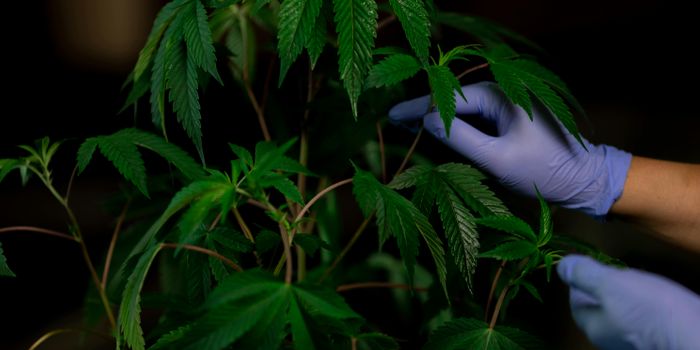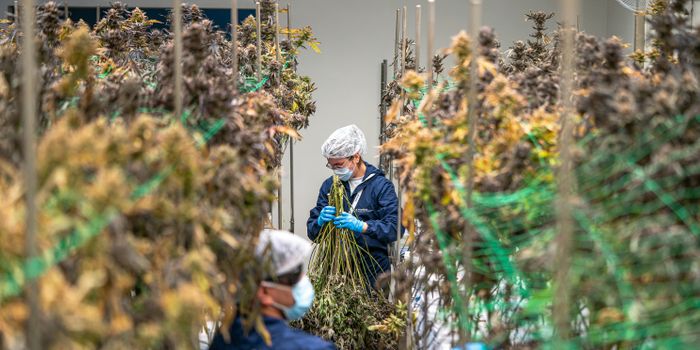Brain Connectivity Differs in Long-Term Cannabis Users
Researchers from the University of Texas have identified sprcific patterns of connectivity in the brains of long-term cannabis users when they crave the substance.
For the study, the researchers recruited 54 chronic cannabis users- identified by having used the substance on at least 5,000 seperate occasions over the course of their lifetiemes. They also recruited 90 controls, selected for having never smoked cannabis and having not used any illicit drugs for at least 60 days. All participants were right-handed, spoke English as aprimary language and were cleared for mental illnells and brain injury.
For the cannabis-users, the reserchers collected data on thier first regular use of the substance, as well as how much they consumed per day. They then examined their urine for THC levels.
The researchers then measured each particpant’s response to three kinds of visual cues- natural (a fruit), neutral (pencil) and substance (cannabis)- selected for the cannabis users according to their preferred method of ingestion. These were presented at random for the control group. During the exercise, each participant had their brain avtivity recorded by fMRI.
In the end, they found that cannabis users have an increased neural response in reward-related areas of the brain when craving cannabis. Echoing results from a previous study, they also found that the magnitude of this response was linked to the severity of their cannabis-related problems.
In particular, the researchers highlight that their findings show that the brain does not perform in isolation, but through the interaction of multiple brain networks. They found that during feelings of craving, brain activity fluctuates between dopamine-rich reward-related regions like the central executive network and nucleus accumbens.
“Now that we have identified there are differences in large-scale brain network patterns in long-term cannabis users when there is craving, we can use these as biomarkers of cannabis use disorder to aid treatment strategies. Future studies are needed to determine how these brain network patterns might change over the course of treatment and recovery,” says Dr. Francesca Filbey, one of the study’s authors.
Sources: Center for Brain Health, Neuroscience News, Medical Xpress









